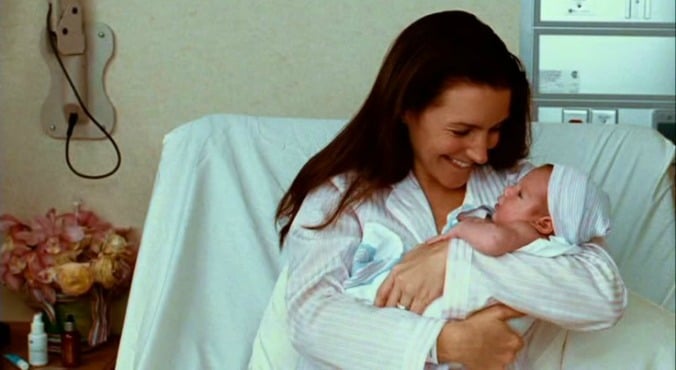
Image: Sex and the City/HBO
By: Mark Elgar, University of Melbourne
Many women hear an ominous ticking of their “biological clock” when they reach their 30s, while others never hear it at all. Some believe the compulsion to bear babies is biologically inbuilt – even suggesting women who refuse their supposed evolutionary duty are being selfish.
Others hold the view that this so-called “maternal instinct”, also referred to as “baby fever”, has nothing to do with biology and is a social construct.
It’s unhelpful to explore this debate through a strictly dichotomous “nature vs nurture” prism. Both biology and culture likely contribute to our reproductive behaviour. Reproduction doesn’t require any “inherited” preference to have children, since natural selection already favours mechanisms that result in reproduction, most significantly through the sexual urge.
But that version of the maternal instinct that relates to a mother’s ability and need to nurture and protect her child may indeed be hardwired, facilitated by the release of certain hormones and other necessary biological changes.
Sexual urge
The exquisite diversity of past and present lifeforms comes from a single critical feature – reproduction. Individuals genetically disposed to be indifferent to sex will theoretically be selected out of the population, in favour of those with a greater commitment. This is a self-evident feature of the evolutionary process.
Imagine a population of people or animals who enjoy sex, where that enjoyment has a genetic basis. This would determine their reproductive success. Now introduce into this population those genetically predisposed to be sexually inactive. These sexually inactive individuals will not produce offspring, so there will be no sexually inactive individuals in the next generation. In other words, a genetic disposition to avoid sex will neither become established nor maintained.


